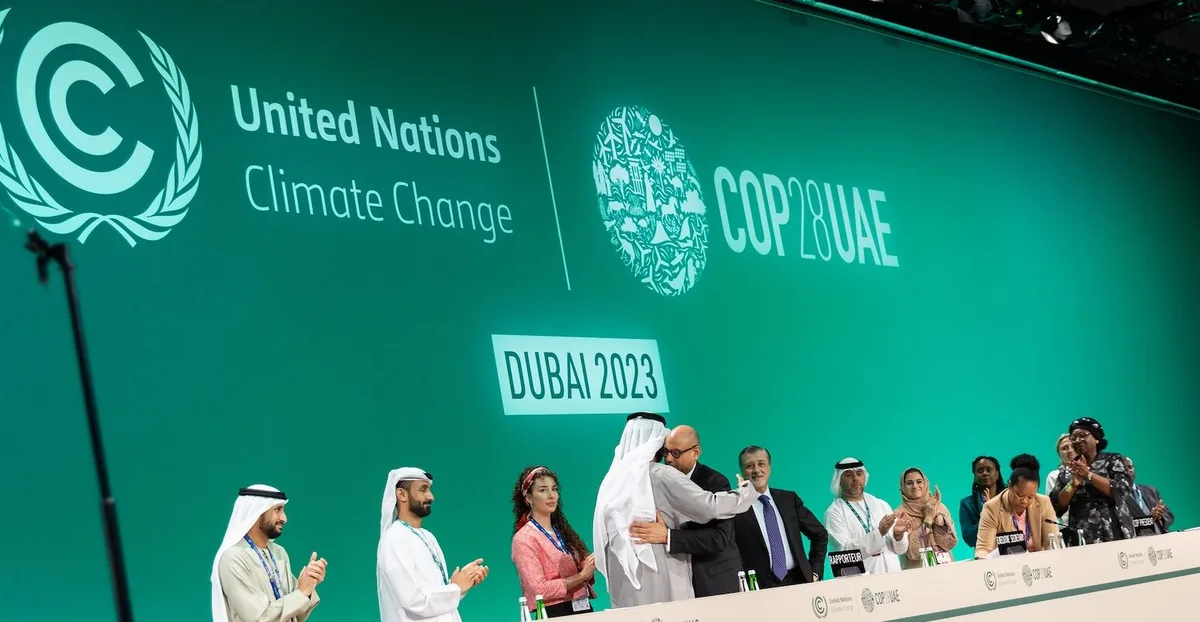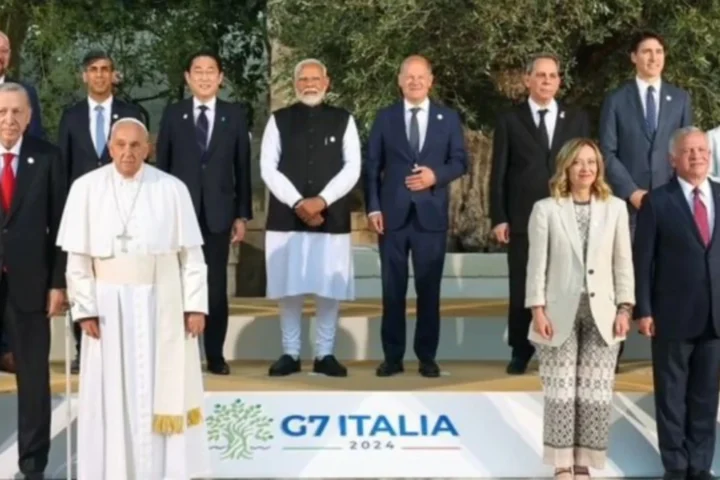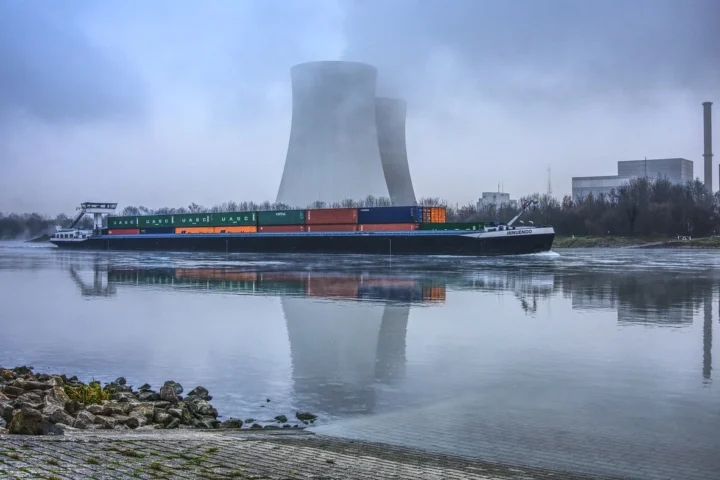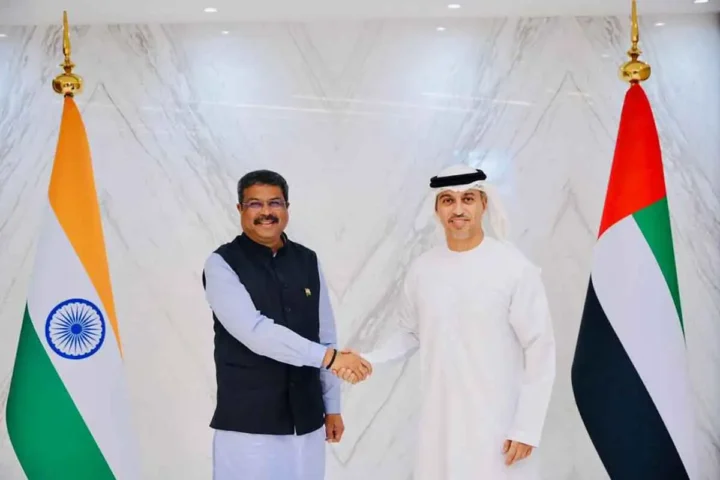The recently concluded COP28 climate summit in Dubai brought together world leaders, climate experts, and activists to address pressing environmental concerns. The two-week conference witnessed significant debates, agreements, and controversies, with a particular focus on fossil fuels, a climate disaster fund, progress on the Paris Agreement, and global finance for renewables.
Fossil Fuels Agreement
Disputed Language
The summit saw a contentious discussion on the Global Stocktake agreement, which marked the first time COP text openly called for countries to transition away from fossil fuels. However, the road to consensus was bumpy, with initial drafts causing outrage by omitting terms like “phase down” or “phase out” of fossil fuels.
Final Text
The adopted agreement managed to secure a majority consensus for the inclusion of language urging countries to “transition away” from fossil fuels. This compromise was viewed as an incremental improvement, but concerns remain about the ambiguity of the term and the loopholes in the resolution.
Expert Critique
Climate experts, such as Harjeet Singh from Climate Action Network International, expressed reservations about the resolution, highlighting loopholes that could allow the fossil fuel industry escape routes and reliance on unproven technologies.
Climate Disaster Fund
“Loss-and-Damage” Fund
A positive start to the summit was the approval of a climate disaster “loss and damage fund,” aimed at supporting vulnerable communities and developing nations impacted by climate disasters.
Funding Shortfall
While the fund garnered pledges totaling $700 million, critics argued that this falls far short of the estimated $400 billion in annual damage caused by climate change. The UAE, Germany, Italy, and France made substantial pledges, but the contributions from major emitters like the United States and China were criticized for being insufficient.
Paris Agreement Progress
Assessment of Climate Plans
COP28 marked the first assessment of countries’ progress towards the central goal of the Paris Agreement – limiting global temperature rise to 1.5 degrees Celsius. The discussions emphasized the need for new climate plans and more robust, multilateral climate change mitigation projects.
Gaps in Meeting Goals
Concerns were raised about the growing gaps in meeting Paris Agreement goals, necessitating renewed efforts and climate plans from countries. The next global assessment is scheduled for COP33 in 2028.
Global Finance and Renewables
Call for Renewable Energy
Over 100 countries endorsed a call to triple reliance on renewable energy sources, aiming to reduce dependence on fossil fuels. However, challenges arise due to financial pressures on developing nations, with rising interest rates making debt servicing more expensive.
Restructuring Global Finance
Experts emphasized the need for restructuring the global financial system to alleviate debt burdens on developing countries, enabling them to invest significantly in climate change measures.
Other Controversies and Highlights
President Al-Jaber’s Controversy
COP28 faced controversy over the appointment of President al-Jaber, a UAE oil tycoon accused of questioning climate science. Despite his defense and assurance of commitment to climate science, concerns persisted.
OPEC Pressures
OPEC issued a letter urging members to reject any text targeting fossil fuels, emphasizing a focus on emissions. This comes as campaigns against fossil fuels are labeled as “politically motivated.”
Protests and Sideline Issues
While UAE prohibits demonstrations, protests on the sidelines addressed various issues, including the Israel-Gaza war and political prisoners in the UAE.
What’s Next at COP29?
Azerbaijan as Host
Azerbaijan was announced as the host for COP29 in November 2024. Activists have already raised concerns about the country’s oil production and human rights record.
Key Takeaways
COP28 in Dubai brought both progress and challenges in addressing climate change. The fossil fuels agreement, climate disaster fund, and discussions on Paris Agreement progress and global finance for renewables reflect the complex nature of international climate negotiations. As attention turns to COP29 in Azerbaijan, scrutiny continues over the effectiveness of global efforts in combating climate change.







